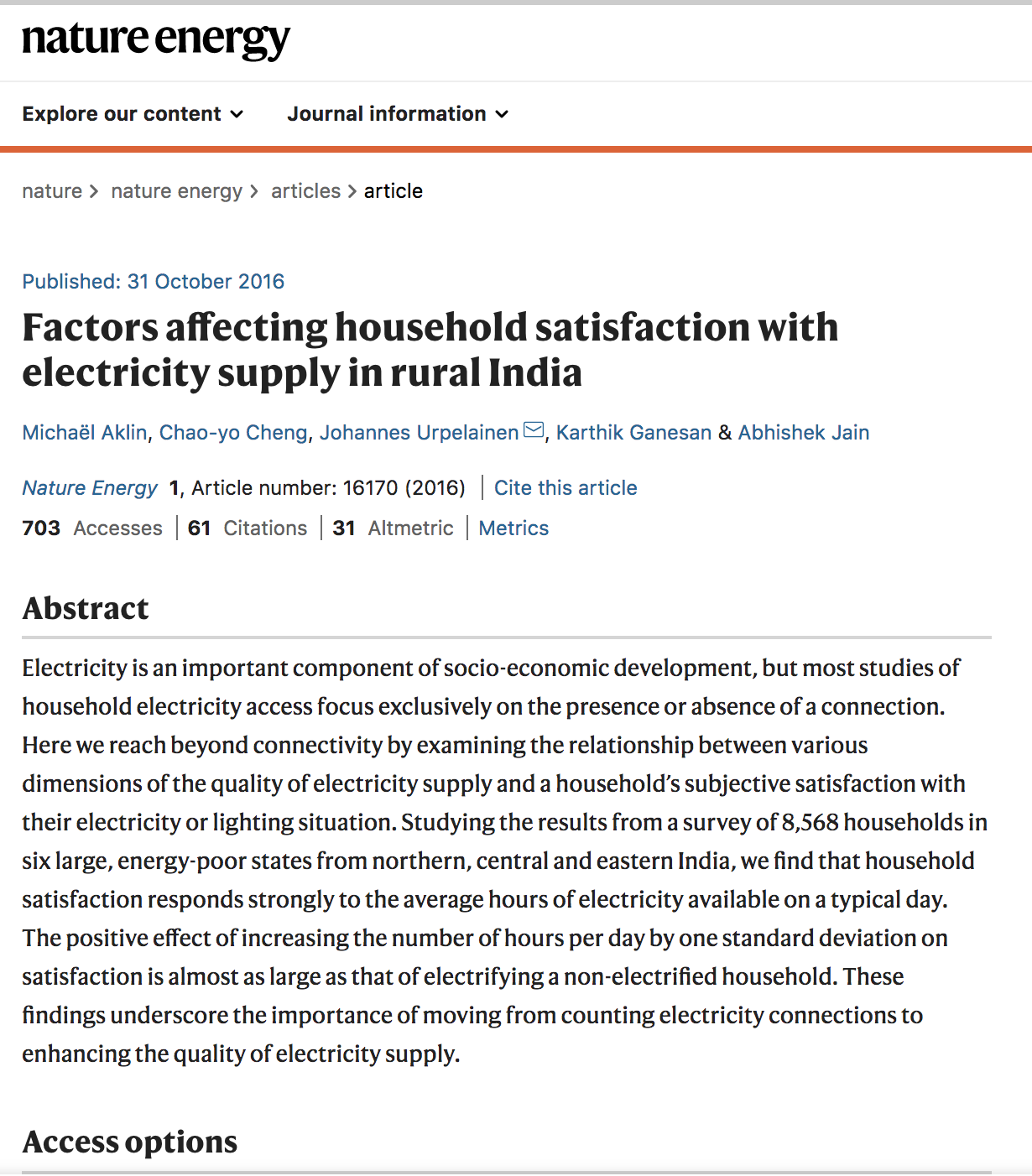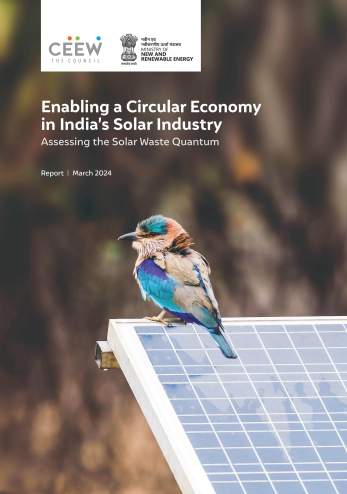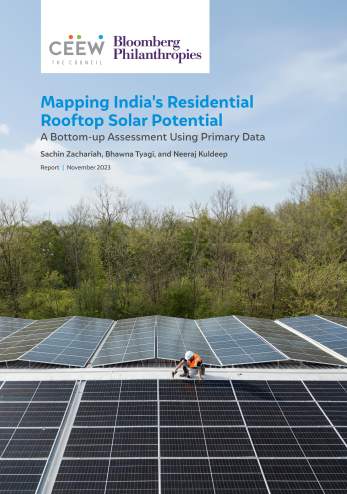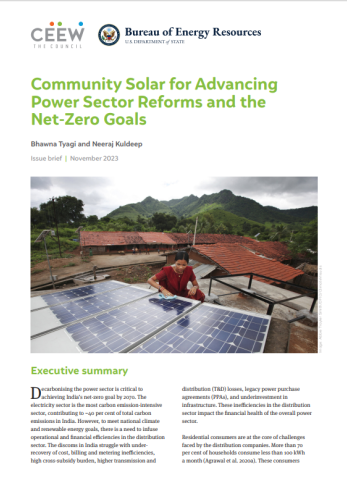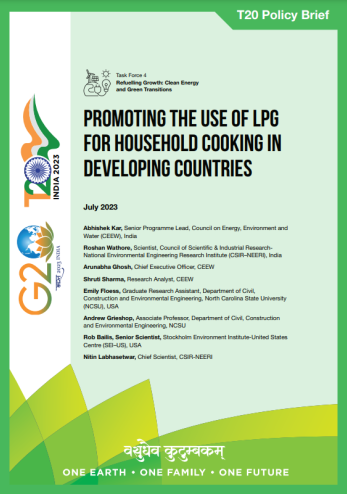Paper
Factors Affecting Household Satisfaction with Electricity Supply in Rural India
Michaël Aklin, Chao-Yo Cheng, Johannes Urpelainen, Karthik Ganesan, Abhishek Jain
October 2016 | Energy Transitions
Suggested citation: Aklin, Michaël, Chao-Yo Cheng, Johannes Urpelainen, Karthik Ganesan, and Abhishek Jain. 2016. “Factors Affecting Household Satisfaction with Electricity Supply in Rural India.” Nature Energy. https://doi.org/10.1038/nenergy.2016.170
Overview
Electricity is an important component of socio-economic development, but most studies on household electricity access focus on the presence or absence of a connection. This paper, published in Nature Energy, examines the relationship between various dimensions of the quality of electricity supply and a household’s subjective satisfaction with their electricity or lighting situation. The inferences were drawn from the ACCESS Survey, which collected data from nearly 9,000 households in six large, energy-poor states in northern, central, and eastern India. The findings underscore the importance of moving from merely counting electricity connections to enhancing the quality of supply and makes recommendations for the same.
Key Highlights
- An increase of 6.5 hours in supply duration increases the level of satisfaction by about 40 per cent.
- Problems such as limited hours of access, fluctuating voltage and poor maintenance service are not reflected in national electrification rates. Therefore, measuring the quality of electricity access is a challenge.
- The Global Tracking Framework (GTF) looks at many aspects such as affordability, capacity, voltage stability, reliability, legality, and health as well as safety aspects. This study considered three dimensions of access to electricity - duration, reliability, and voltage stability.
- Estimates of the 1994-2005 period showed that connecting a household to the grid has increased non-agricultural income by only 9 per cent. Meanwhile, improved duration increased the non-agricultural income by over 28 per cent.
- An increase in electricity reliability by one standard deviation (4.8 days) increases the satisfaction by 0.11 points or 15 per cent of the standard deviation.
- From the survey question on why people report dissatisfaction, 94 per cent of the respondents mentioned ‘Unavailability of electricity’ as an important reason.
Key Recommendations
- Develop frameworks such as GTF for electricity and energy access that can be applied in a wide range of countries.
- Create policy interventions that can increase the daily duration of electricity supply at a low cost as this will benefit a larger chunk of the population.
- Prioritise a sustained effort to first understand and then increase the subjective satisfaction of electricity supply in rural India.
- Estimate the socio-economic effects of electrification accurately and precisely measure the different dimensions of electricity access.
An increase in electricity reliability by one standard deviation (4.8 days) increases the satisfaction by 0.11 points or 15 per cent of the standard deviation.




